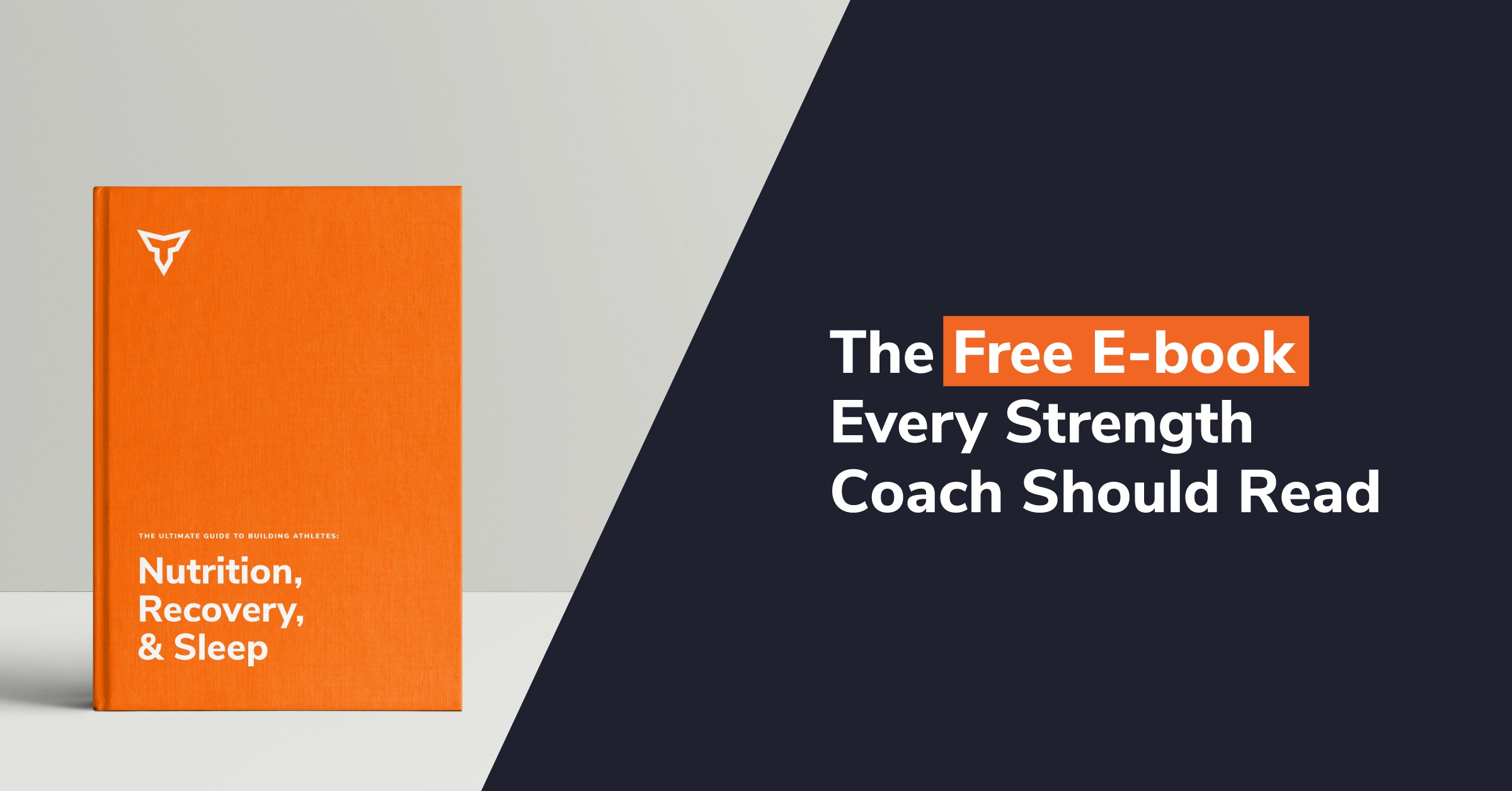Many schools have been successful with having an assistant coach also serve as the strength coach. However, if your school has an option of hiring a separate strength coach or filling the position with an assistant coach, here are 3 reasons why an assistant football coach does not equal a strength coach.
1. Availability to the whole school.
A strength and conditioning coach is hired to be available for the whole school, not just for one sport. When an assistant football coach serves as the strength coach, many times the athletes get strength training only while that particular sport is in-season. If a sport doesn’t have an assistant coach who is willing or qualified to take on the strength role, the athletes miss out on an important part of overall athletic development. A strength coach is able to provide specialized training for in-season and off-season so that the athletes continue to make gains throughout the entire year.
2. Adequate time to produce a high-quality program.
A high school coach’s time is pulled in multiple directions each day. Typically, a coach is a teacher, administrator, athletic director, etc. during the school day and coaches as an extracurricular. When an assistant football coach takes on the strength and conditioning role, it is difficult to have enough time to produce a high-quality program. This type of program results from detailed planning and continued professional development, both which require a lot of time. Many high school coaches use the summer months to plan for the next season and seek out professional development, but a strength coach spends the summer in active training preparing the athletes for the upcoming season. If an assistant coach has a “day job," sport coaching, and strength coaching responsibilities, it will be extremely difficult to find enough time to do each at a high-quality level. Inevitably, one of these areas will suffer and it most likely will be the strength and conditioning side.
3. Sustainable Work Pace
Coaching is an “all in” profession. Coaches have to be all in professionally and emotionally in order to most effectively motivate the athletes. It is up to the coaches to set a contagious energy level. If the coach is excited, that emotion spreads and the athletes get excited. Working at a high energy level while developing relationships and caring for the athletes must be kept at a sustainable work pace. It is very difficult to keep up this type of work pace year-round… everyone needs a break to recharge at some point. When an assistant coach with a day job also has strength coaching responsibilities, it is a challenge to create a sustainable work pace. Without time to recharge, the energy level drops and that spreads to the athletes.
Someone I look up to in the field of strength and conditioning is Tommy Moffitt the Assistant AD/Strength & Conditioning coach at LSU. He started out as a strength coach and assistant football coach at John Curtis High School in River Ridge, Louisiana. While coaching in high school some of Moffitt’s students were Vic Viloria (LSU), Scott Cochran (The University of Alabama), and Joe Danos (New York Giants) who all went on to their own successful careers in strength and conditioning. Although it is not an ideal situation to have an assistant coach doing double duty as the strength coach, it is sometimes unavoidable and can be done successfully with the right person.
Subscribe to our blog
Subscribe to receive the latest blog posts to your inbox every week.
Related posts

20 Reasons the Perception of Strength Coaches is Changing

8 Ways This College Coach Built Systems-Based High Performance

